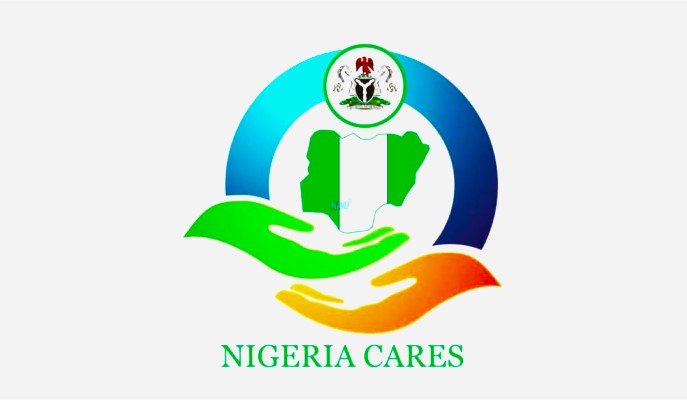The Nigeria Community Action for Resilience and Economic Stimulus (NG-CARES) program is getting a major makeover to become a rapid-response system for both the federal and state governments..
This redesign will enable NG-CARES to swiftly address economic shocks, natural disasters, and other crises, providing emergency relief to the most vulnerable individuals, farmers, households, communities, and micro-small enterprises .
By transforming NG-CARES into a shock response mechanism, the federal and state governments will be better equipped to respond to emergencies, promote economic growth, and improve the livelihoods of Nigerians.
The National Coordinator of NG-CARES, Dr. Abdulkarim Obaje, said this at the National Peer Learning and Experience Sharing event organised by the federal CARES Support Unit (FCSU), Abuja, Nigeria’s capital.
Obaje explained that the NG-CARES programme would be modified to restore livelihood to individuals that were affected by disaster and crisis back to their normal lives.
He described the NG-CARES programme as a catalyst for promoting welfare of the poor and vulnerable in the country.
“Anytime there is a disaster or there is any crisis immediately after emergency agencies of the country have done their own. CARES should come and restore livelihood and to do so on a very sustainable basis in a way that people will not fall back again in poverty.
“So, this is how we are thinking and also to strengthen arms of the state government to continue to serve the interest of the poor and vulnerable in the state.”
Obaje said the success so far recorded by the NG-CARES programme across the country was building the confidence of the citizens in government at all levels.
“The social contract issue between the lead and the leaders is also being strengthened. The governors are also receptive to the welfare of poor and vulnerable,” he said.
Obaje stated that the total amount that the World Bank, through the Federal Government, released to states was 645 million dollars.
He, however, said the results that had been produced and validated by the Federal Government and the World Bank Task team leader, said NG-CARES programme would be redesigned focus on climate change, flooding and drought which affects many families.
“How can we use our limited resources in order to mitigate and adapt to the impact of the climate change. We will give a lot of focus on climate impact on poverty and vulnerable people. I think those are some of the key innovations we want to add,” he said.
Also Read: Flood: Borno Govt Constitutes Relief Disbursement Committee
Also, Dr Emeka Obi, permanent Secretary, Federal Ministry of Budget and Economic planning, said in its four years of existence, NG-CARES programme has made significant contributions to the socio-economic landscape of the country.
Obi added that the programme directly impacted the lives of over 15 million Nigeria through its various Result Areas implemented in all the 36 states and FCT.
“This feat was achieved after three rounds of independent verification Assessment of results achieved by the states and FCT between 2021 and 2024 which amount to 835 million United States Dollars.
“However, total reimbursement by the World Bank stands at 645 million dollars which is about 29 per cent excess of the amount reimbursed.
“This overall achievement by states and FCT, is a testament to the commitment of the Subnational Government to prioritising the welfare of poor and vulnerable Nigerians at this critical juncture in the course of our national development,” Obi said.
Speaking with Journalists on the sidelines of the event , the World Bank Team Lead ,NG-CARES, Mr Lire Ersado ,said the peer learning and experience sharing event was very innovative because it helped the different states to learn from each other.
“By knowing what worked, what did not work, why they did not work, it will be easy to work out how to make it work,” he said .
While restating that the second phase of the programme was still in the works, he said the next phase will be bigger and more impactful.
He said the next phase will focus on climate change issues and will be community driven.
“Because we want to learn from the people at the grassroots. They are the ones wearing the shoe, so they know where it pinches,” he said.
The World Bank Task Team Lead said that NG-Cares is needed even more now with the growing number of the needy in the country as a result of climate shock, macroeconomic shocks as well as inflation shocks.
“In the next phase, it is not going to be all-comers affair, state governments wishing to join the programme must show evidence of real commitment to tackling the problem they have in place to drive poverty eradication,” he said.


Comments are closed.